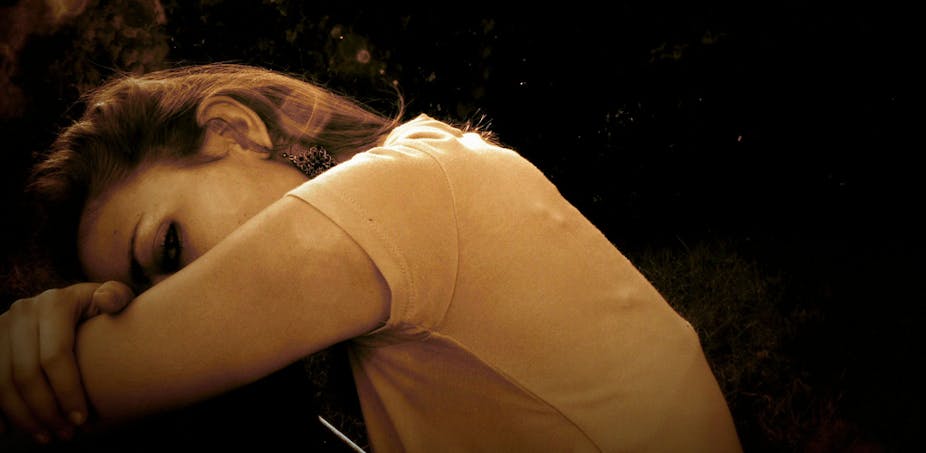A national apology to Australian mothers who experienced forced adoptions was announced by Attorney General Nicola Roxon last weekend.
This apology will follow those made to the Stolen Generations, Forgotten Australians and Lost Innocents. Overseas birth mothers affected by forced adoptions should also be on our radar.
On the 18th July, South Australia will apologise to Australian mothers whose children were removed. The Western Australian government, the Sisters of Mercy, the Catholic Church, the Uniting Church and Melbourne’s Royal Women’s Hospital have already offered apologies.
Planning for the national apology is underway. Australian mothers have worked hard to bring these breaches of human rights into public consciousness. They have also been among the first to recognise that their experiences and treatment by individuals, institutions and governments are strikingly similar to those of birth mothers in overseas adoptions.
During the 2005 Inquiry into Overseas Adoption, Australian mothers reminded us that overseas mothers feel the same grief and life-long consequences of forced separation from their children as they do.
Research into the circumstances of overseas adoptions tells us that children adopted overseas are taken away because the mothers were single, widowed or divorced or most often simply poor.
Government policies (or the absence of them), disasters, child trafficking and the private market provide the means to separate many children from their families. Resources are directed at institutionalisation and child removal for adoption instead of social policies for health and welfare, education, community development and the most basic safety nets necessary for family preservation in times of crises.
Overseas birth mothers are finding their voice. The Korean Unwed Mothers Support Network, Mindeulae, Truth and Reconciliation for the Adoption Community of Korea (TRACK) and other organisations are influencing governments in South Korea.
Birth mothers, adoptees and in some cases adoptive parents are working together to effect change in South Korea where vast numbers of children have been adopted overseas since the 1950s. A Korean 60 Minutes broadcast exposed corrupt practices and abuses of birth mothers on Korean television in 2005.
In more impoverished countries, such as Romania and Ethiopia, birth mothers continue to experience breaches of their basic rights and lack of support. Many birth mothers, like adoptive parents and adoptees before them, are connecting with each other internationally via the internet. They share their stories, achievements and support.
Social workers and other professionals are addressing human rights and social justice concerns and supporting family reunification in Asia and the South Americas.
Australian society has changed. Apologies to groups harmed by past practices tell us clearly that these practices are no longer acceptable in 2012. Some commentators might argue that past abuses happened because we were unaware of the consequences. In Australia today, we can’t claim ignorance of the circumstances of overseas birth mothers.
A growing body of research tells us that lack of options, coercion, and unethical and illegal practices do exist. U.S. legal academic, David Smolin, warns that the position of birth mothers is the “elephant in the room” whenever overseas adoption is talked about.
More than 10,000 children have lost their first families and been adopted into Australia since the 1970s. As yet there is no consistent national approach to post-adoption support, including assisting adoptees searching for their birth families.
Australia is leading the way in apologies to Australian birth mothers. Governments and birth mothers in the UK, Canada and elsewhere are watching events in Australia closely. Overseas birth mothers should also be on the Australian radar.
We will be called at some time in the future to account for our complicity and offer apologies to those affected by what we already know.

